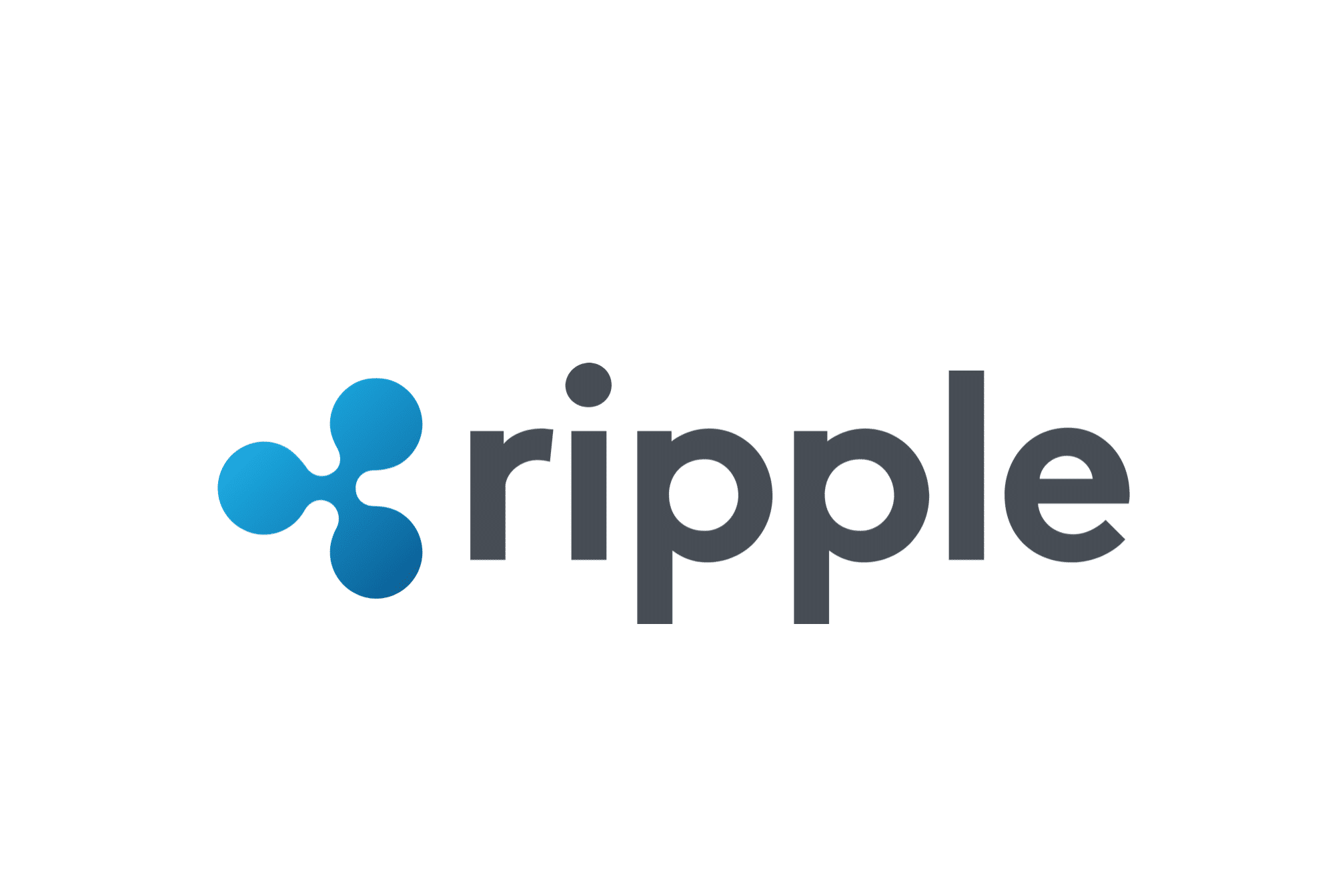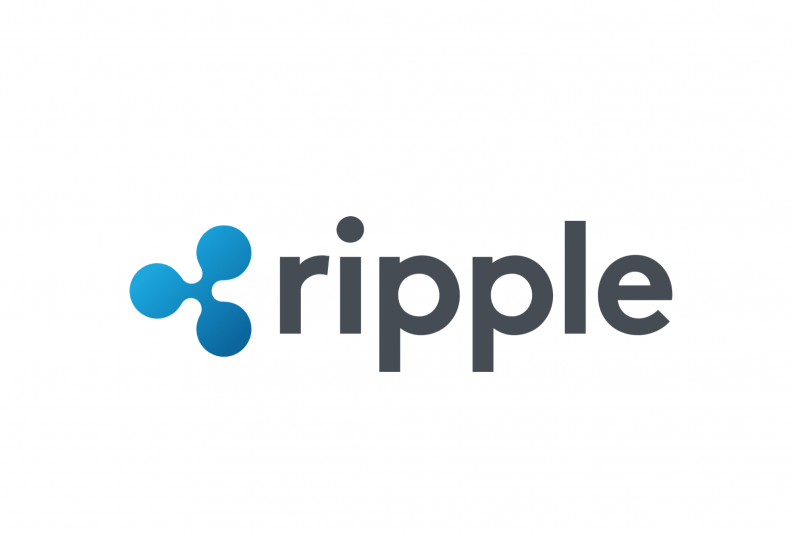Ripple (XRP) price predictions are extremely difficult to make, due to the unpredictable nature of the cryptocurrency niche. But this embryonic altcoin has already established itself as one of the top cryptocurrency solutions, with many believing that its value will escalate rapidly in the near future.

Ripple effect
Those who have made positive Ripple (XRP) price predictions have already been rewarded, as the cryptocurrency has increased massively in value over the last few weeks. Reaching a peak in excess of $3, the potential of Ripple seems to be absolutely massive, yet its slide since then has also underlined its volatility, and that of cryptocurrencies in general.
Ripple markets itself as using blockchain technology to build the payment system of the future, and has targeted the financial system in the developed world in particular. The market capitalization of Ripple has already increased by an incredible 70 percent in a short period of time, ensuring that Chris Larsen, Ripple’s cofounder, has become staggeringly wealthy.
Difficult prospect
Yet Ripple (XRP) price predictions remain fraught with difficulty. It is easy to think that Ripple will just massively increase in value, as this was previously the case with Bitcoin, but this is not necessarily the case. Ripple works fundamentally different to Bitcoin, not being reliant on a network of miners running code in order to validate transactions.
All 100 billion units of Ripple have already been released back in 2012, with it founders keeping 20 billion and distributing the rest to the company. Ripple has since methodically distributed tokens to clients of the company, but still holds around 50 billion in an escrow account.
Additionally, Ripple takes a completely different approach to Bitcoin by utilizing a novel consensus algorithm in order to validate transactions, requiring computers to identify themselves and obtain permission to participate in the network of the currency. Bitcoin simply allows any computer to join its mining process, and this can be considered more democratic and libertarian in nature.













Leave A Comment